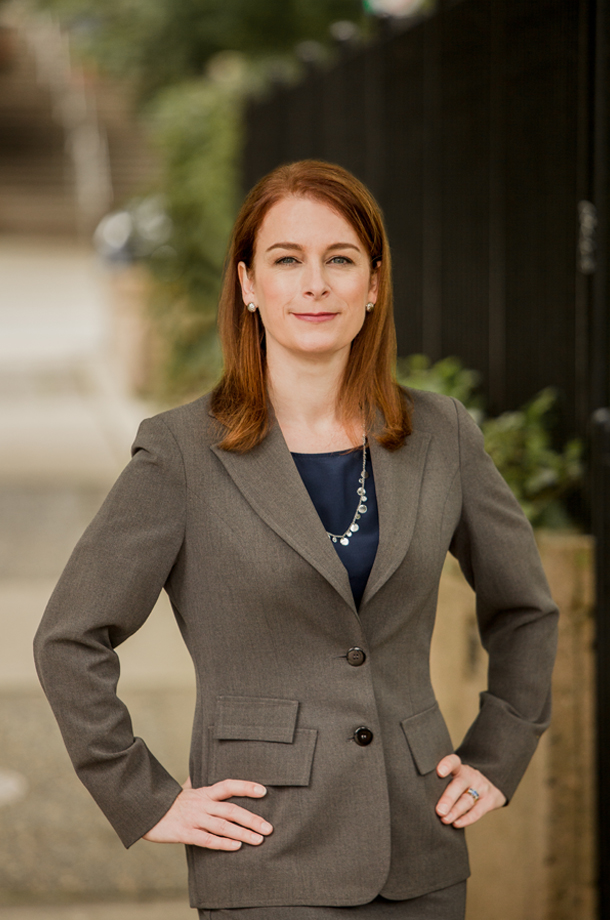Further to our recent post on Responsibilities Arising from a Power of Attorney, it is important to note that there are some limits on what an Attorney is permitted to do under a Power of Attorney. Keep in mind that all acts must be authorized by the person who granted the Power of Attorney (the “Grantor”), and any that are not so authorized are not permitted.
One important limitation is that, generally, the Attorney is not permitted to be paid for acting as Attorney. Section 24 of the Power of Attorney Act does permit payment if the Power of Attorney document itself specifically allows payment, and if it sets out the amount or rate of such payment. Section 24 also allows the Attorney to be reimbursed for specific expenses incurred in carrying out transactions pursuant to the Power of Attorney.
Under an enduring Power of Attorney, the Attorney is permitted to make gifts or loans of the Grantor’s assets if the Power of Attorney specifically allows him to do so. If the Power of Attorney is silent, the Attorney may make gifts or loans only in limited circumstances. The gift or loan must leave the Grantor with sufficient property to meet their needs, it must be consistent with gifts or loans made by the Grantor when he or she was capable, and the total value cannot exceed a prescribed upper limit. The maximum prescribed amount is the lesser of 10% of the Grantor’s taxable income for the previous year or $5,000. An example of when this may be used is where the Grantor has become incapable, but had been gifting each of her grandchildren $50 for their birthday. Provided that the total amount of the gifts does not exceed the upper limit, the Attorney may continue this birthday gifting tradition on behalf of the Grantor.
Additionally, the Attorney is not permitted to make or change a Will for the Grantor. Current case law in BC permits the Attorney under an enduring Power of Attorney to settle an alter ego trust for the Grantor. This case has been appealed to the Court of Appeal, but the decision is still pending.
Finally, an Attorney cannot continue to act under the Power of Attorney after the death of the Grantor, or after an Order appointing a Committee of the Estate of the Grantor has been made. Additionally, if the Power of Attorney is not enduring, the Attorney cannot continue to act after the Grantor has become incapable.
While the Power of Attorney itself is often a simple document and is commonly made, there are significant responsibilities and limits on authority which arise. It is important that you understand your role if you accept a request to act as the Attorney for a friend or loved one.



